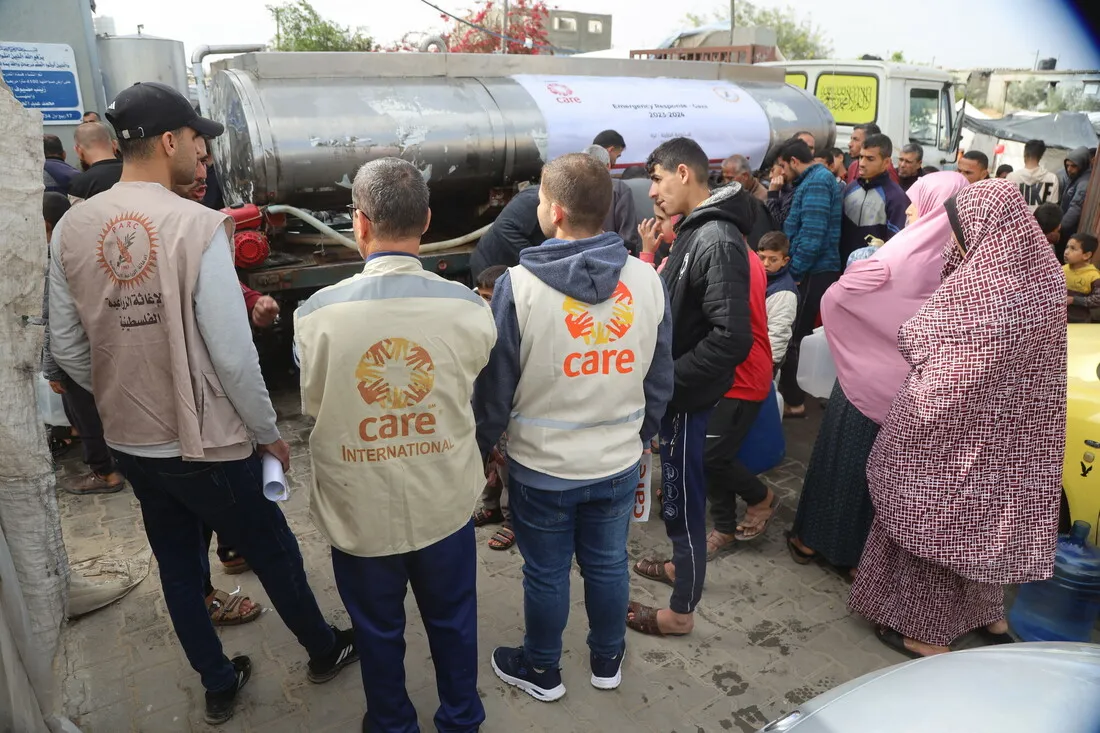CARE’s Participatory Capacity Assessment Methodology, Domains, and Measurements
CARE’s Participatory Capacity Assessment (PCA) tool is a comprehensive organizational capacity assessment and participatory tool that can be adapted for the needs and characteristics of different partners and partnership types. The PCA incorporates portions of the USAID-supported OCA tool and mainstreams CARE’s unique experience related to capacity strengthening for gender-centered and inclusive programming. Our measurements are centered on short, medium, and long-term organizational performance goals across seven domains:
- Leadership
- Governance
- Strategic Management
- Financial Management
- Service Delivery
- Advocacy
- Sustainability
This tool was modified and updated with the integration of CARE’s Representation, Inclusion, Legitimacy, Transparency, and Accountability (RILTA) tool to integrate two additional domains and accompanying indicators related to gender equality and social inclusion.
The PCA is a participatory and demand-driven process that involves board members, general members, and key staff of the partner organization and is updated and adapted for the type of partnership and program. The PCA assessment process includes the partner self–assessment, face to face discussion meetings between the organization and CARE staff, and the review and validation of secondary data and documents. Once the analysis is completed, strengths and areas of Improvement are shared with the partner and validated before the project workplan is developed.
After the assessment, an organizational development action plan is jointly developed based on the findings. The partner organization will take the lead on the implementation of the action plan and determine which areas they can address internally, and which need external support (from CARE and other supporting partners). CARE’s PCA leverages diverse capacity strengthening methodologies that are adaptable to the different learning needs and preferences of the diverse range of individuals and organizations we work with. This includes:
- Capacity sharing workshops centered on building stronger monitoring systems
- Knowledge exchange platforms
- Joint development of sustainability plans
- Feedback sessions
- PCA domain-driven training, coaching, and mentoring
- Cross-partner shadowing opportunities guided by domain needs
CARE and partners conduct joint reviews and reflections of the PCA action plans and agreed upon performance improvement indicators. On an annual basis, local partners conduct perception-based self-assessments using the PCA tool, track progress of action items and key performance indicators as captured on action plans, and provide feedback during partner meetings.

